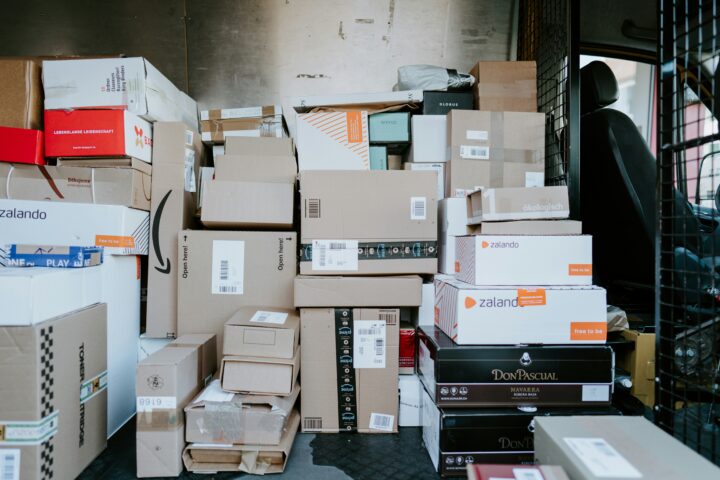
If you’re short on the cash you need to make your passion project happen, check these small business funding options to see if you can start your business
Finding the money you need for your startup to get off the ground isn’t always easy. You might be starting with next to nothing, other than an idea and, if you’re lucky, a few people willing to help you get started. Unfortunately, no business is able to run on willpower alone; you’ll need to secure your funding from somewhere.
6 Ways to get Startup Funding
If you’re short on the cash you need to make your passion project happen, check these unusual funding options to see if you can get what you need to start your business.
- Crowdfunding: In the digital age, securing funds for your business or creative project is easier than ever. Platforms like Kickstarter, IndieGoGo, GoFundMe, and more all exist to help smaller creators or entrepreneurs get started by fundraising online. Usually investors or backers will get some sort of reward for their support of your project, so make sure you’ve got something to offer them.
- Trade shows: Sometimes, you need to spend money to make money. If you’ve got a little bit of capital to start, consider attending a trade show to draw attention to your fledgling business. 99% of marketers said they found unique value from trade show exhibits that they did not get from other marketing mediums. Attending a trade show can put you just a step ahead of the competition and help you secure investors or other funding.
- Overseas investors: When looking for angel investors, don’t limit yourself to what you can find at home. Plenty of investors overseas are looking to support American businesses. Back in January 2017, the USCIS released its proposed regulation changes that would have increased minimum investment amounts for overseas investors, allowing them to more easily invest in small businesses.
- Credit cards: If you’re confident in your future ability to pay back early business debts, you may want to consider what credit options are available to help your business hit the ground running. Just make sure you’re using your credit cards wisely; a maxed-out credit card uses 100% credit ratio, but FICO recommends that your credit utilization ratio should not be higher than 30% of your original credit limit.
- Loans: Obviously, small business loans exist to help entrepreneurs attempting to start out, but if your business is incredibly small, you may want to get a bit creative with the loan options you look at for your business. Depending on your situation, you might be able to qualify for other types of loans as well, including friend and family loans.
- Grants: Depending on what industry you’re looking to get into, it’s likely that there’s a grant out there that you could apply to for additional funding. These generally are more focused towards non-profits, but do a bit of research and you might be able to find one that works for your business. The application process might take a while, but it could be well worth it.
Do you plan to use any of these unique funding methods to get your business started? Which ones will work best for you, and how do you plan to use the additional funding?



